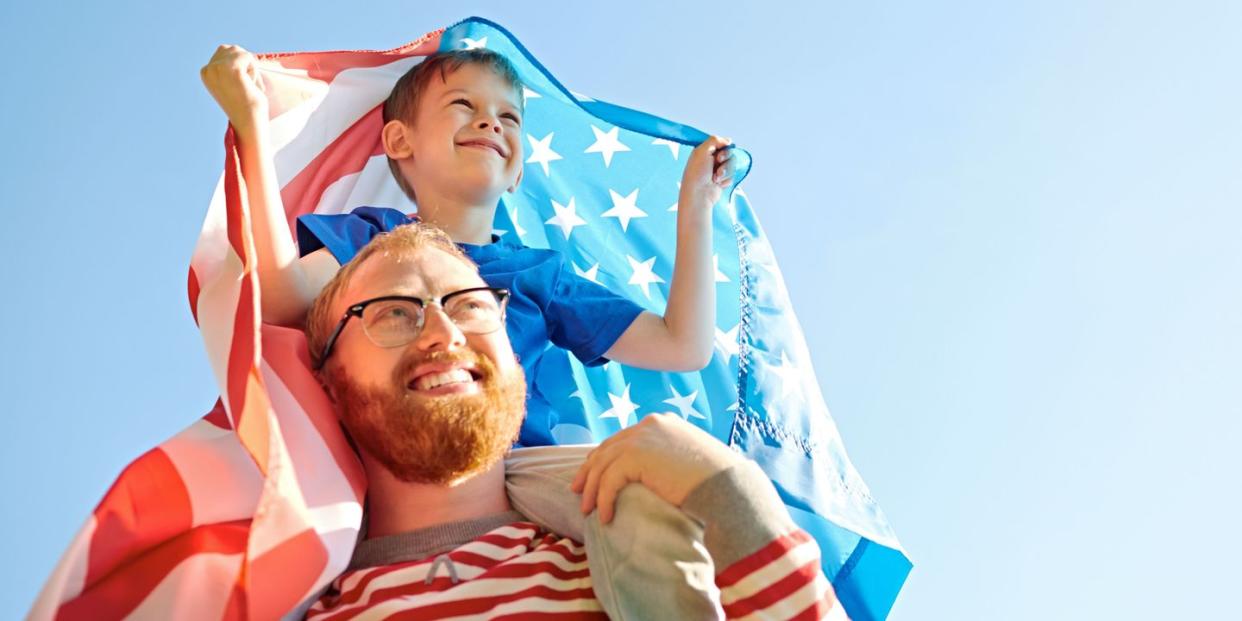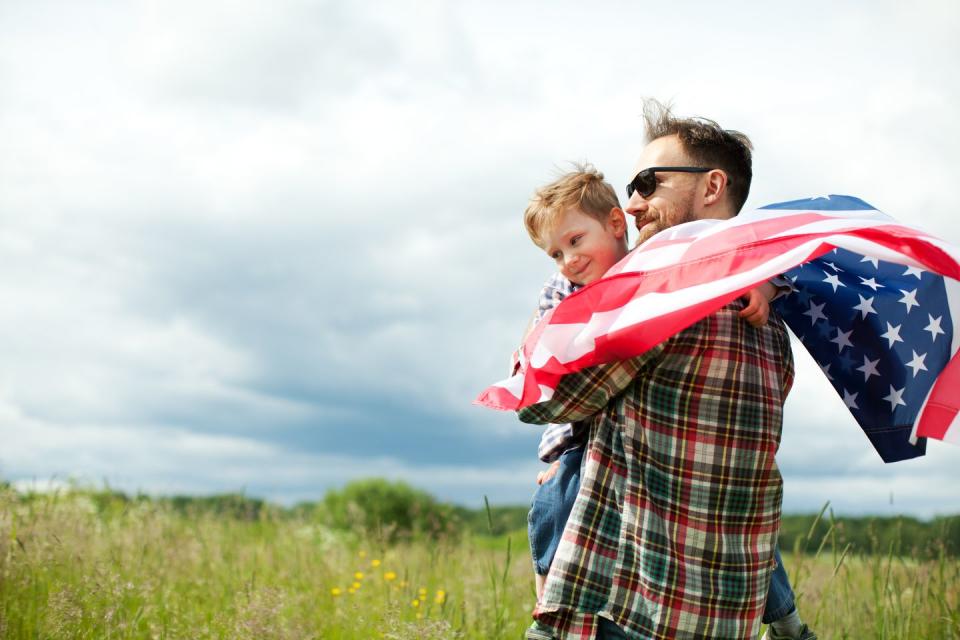David Plouffe Says Talking to Kids About Politics Is Like Talking to Kids About Sex

Having spent my entire adult life working in politics, I sometimes have to check myself from trying to treat the 2020 elections as an extended civics lesson for my kids.
It’s kind of like talking to them about sex. You may want to avoid the whole topic, but because it’s a good bet they’re hearing about it everywhere else, you feel like you should say something. Especially now.
Depending on where you live, or what channel you watch, you may feel as if we are headed for another civil war. Odds are you’re frustrated with Washington. Congress’s approval rating rarely cracks 25 percent. Hemorrhoids, root canals, and traffic jams are all more popular.
You likely feel compelled to discuss politics with your kids or when your kids are around. And maybe you even do so as you might on social media—with a snide comment or quick dismissal of whatever current crisis is threatening to suck the world into chaos.

I have a 15-year-old son and an 11-year-old daughter. If I try to force-feed them how much I think they should care about something, or how to engage with it, it’s a virtual guarantee they’ll tune out.
But that doesn’t mean they don’t care. They just don’t seem to care with the same sense of zealotry or rage that drives most political “discussion” these days.
Neither of my kids is a fan of Donald Trump—but they don’t want to hear criticism of people who are. They know the country is pretty evenly divided for and against. They are essentially patriots playing the long game. As my son put it, “We can’t write people off just because they think differently than we do.”
My son has told me he thinks the media (this includes me, his father) treats everything that Trump or the Democrats say as super important when he knows only certain things are.
He wants to decide for himself what to pay attention to. A daily monologue from me about the election or my sharing too much political content with him causes him to shut down. He’s open to hearing what I think, but not what I think I know.
My daughter is more interested in rules, especially the Electoral College. She knows that Hillary Clinton collected more votes in 2016 and wants to understand better why she didn’t win. She doesn’t like to watch political coverage on TV because all the pontificators and gasbaggers just seem “mean” to everyone.
No one seems to talk about the rules, much less abide by them. And as an occasional pontificator myself, I hear her.
I understand where all this fervor comes from. This election is important. The so-called discourse will intensify. The shouting matches will inevitably grow more mean-spirited. And it is this way largely because we’re thinking not just of our futures—but also those of our kids.

But that doesn’t mean we as fathers have to treat our dinner-table or car-ride conversations like Facebook or Reddit. I’m starting to see this election as a way for me to model good citizenship behavior and good parental behavior.
Yes, this means making sure that my kids know I believe the outcome of the election matters. But it also means making sure that my kids know they can decide what matters for themselves.
In other words, I’m approaching this election like a well-behaved child instead of like a poorly behaved adult. That means I listen more and I talk less. When I do talk, I wait for my turn. And, most difficult of all, if I don’t have anything nice to say when that turn comes up, I don’t say anything at all.
You Might Also Like

